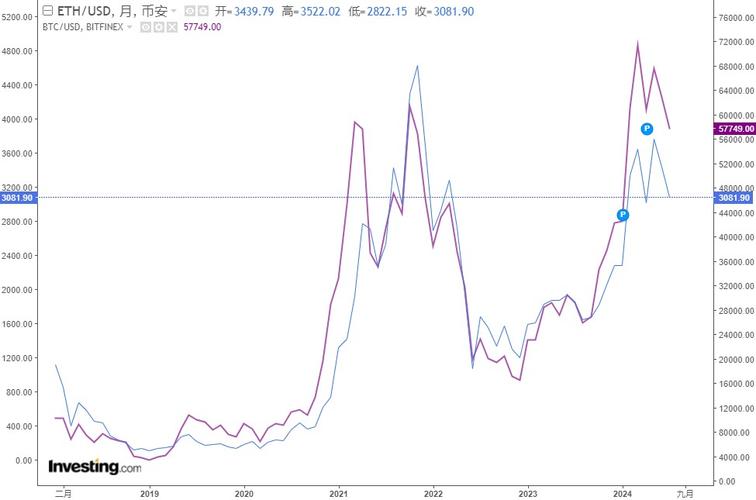
Understanding the ETF Approval Process for ETH: A Comprehensive Guide
When it comes to investing in cryptocurrencies, Ethereum (ETH) stands out as one of the most popular and widely-traded digital assets. As the demand for ETH investment grows, Exchange Traded Funds (ETFs) have emerged as a convenient and regulated way to gain exposure to ETH. In this article, we will delve into the process of ETF approval for ETH, exploring the various dimensions involved in this regulatory journey.
What is an ETF?
An Exchange Traded Fund (ETF) is a type of investment fund that tracks the performance of a specific index, commodity, or basket of assets. Unlike stocks, ETFs are bought and sold on exchanges, just like individual stocks. They offer investors a way to gain exposure to a particular asset class without having to directly purchase the underlying assets.

The Importance of ETF Approval for ETH
For ETH to be included in an ETF, it must undergo a rigorous approval process. This is crucial for several reasons:
-
Regulatory Compliance: ETFs are subject to strict regulatory oversight to ensure they comply with financial regulations and protect investors.
-
Market Confidence: Approval of an ETH ETF by a regulatory authority enhances market confidence in the asset, potentially leading to increased trading volume and liquidity.
-
Accessibility: ETFs make it easier for retail investors to gain exposure to ETH without the need for a cryptocurrency wallet or understanding the complexities of blockchain technology.

The Approval Process for ETH ETFs
The approval process for an ETH ETF involves several key steps:
1. Proposal Submission
The first step in the approval process is for the ETF sponsor to submit a proposal to the relevant regulatory authority. This proposal typically includes detailed information about the ETF, such as its investment strategy, fees, and the underlying assets it will track.
2. Regulatory Review
Once the proposal is submitted, the regulatory authority conducts a thorough review to ensure that the ETF complies with all applicable regulations. This review may involve examining the ETF’s governance structure, risk management policies, and the track record of the ETF sponsor.
3. Market Analysis
Regulators also analyze the market for the underlying asset to ensure that the ETF will provide a fair and transparent investment opportunity. This includes assessing the liquidity, volatility, and market capitalization of ETH.
4. Public Comment Period
Many regulatory authorities allow for a public comment period during which interested parties can provide feedback on the proposed ETF. This helps ensure that the ETF’s potential impact on the market and investors is thoroughly considered.
5. Approval or Denial
After completing the review process, the regulatory authority makes a decision to approve or deny the ETF. If approved, the ETF can begin trading on the exchange. If denied, the ETF sponsor may need to revise the proposal and resubmit it for consideration.
The Impact of ETH ETF Approval on the Market
The approval of an ETH ETF can have a significant impact on the market:
-
Increased Liquidity: ETFs can attract institutional investors who may be restricted from directly purchasing cryptocurrencies. This can lead to increased liquidity in the ETH market.
-
Market Confidence: Approval of an ETH ETF by a reputable regulatory authority can boost market confidence in the asset, potentially leading to increased trading volume and price appreciation.
-
Investor Education: ETFs can help educate investors about ETH and its potential as an investment, leading to a more informed and diversified market.
Conclusion
Understanding the ETF approval process for ETH is essential for investors looking to gain exposure to this popular cryptocurrency. By navigating the regulatory landscape and ensuring compliance with financial regulations, ETFs can provide a secure and accessible way to invest in ETH. As the market continues to evolve, the approval of ETH ETFs will play a crucial role in shaping the future of cryptocurrency investment.
| Step | Description |
|---|---|
| Proposal Submission | The ETF sponsor submits a detailed proposal to the regulatory authority. |
| Regulatory Review | The
Related Stories |



